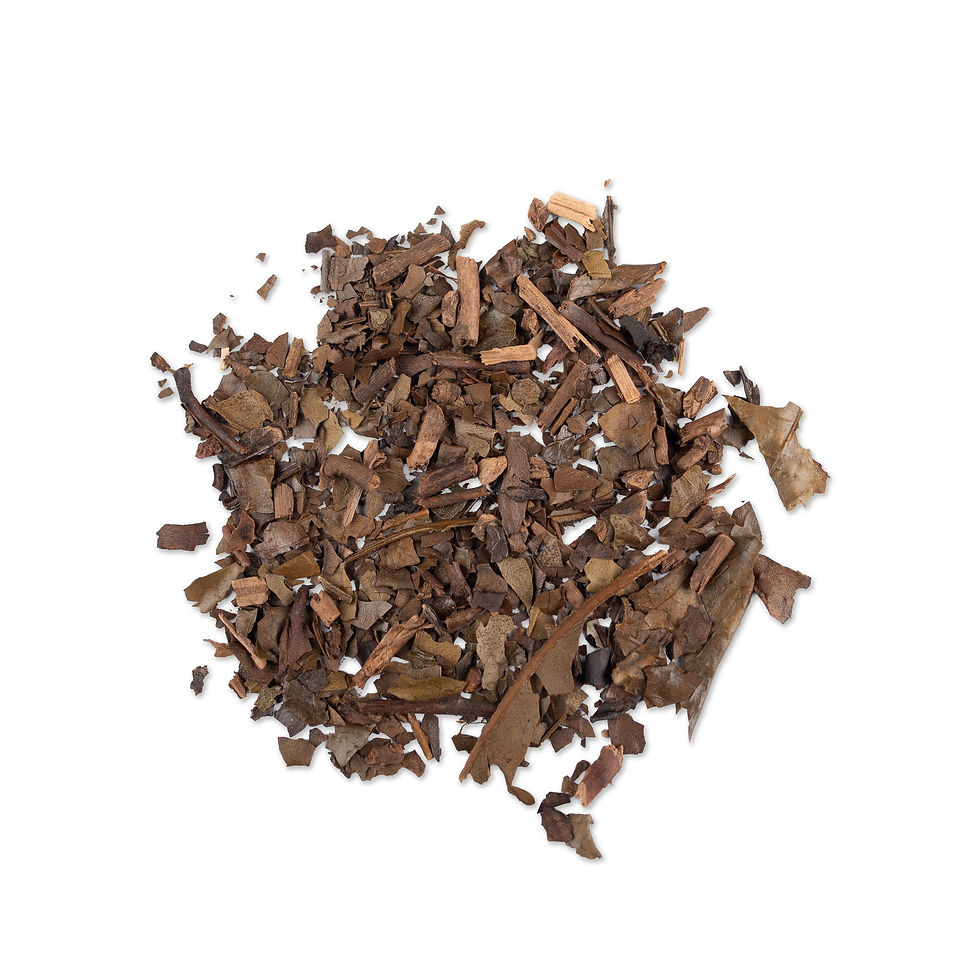京都宇治抹茶
Category: Green Tea
Origin: JAPAN, Kyoto Prefecture, Wazuka Town
Cultivar: Oku Midori
Quantity: 30g per can
Harvest: Spring (April-May)
Other: conditioned in a vacuum can with an oxygen scavenger pad
History and Location:
If tea is documented to arrive first in Japan with monks Kukai (774-835) and Saicho during the Nara period after visiting Tang China, tea cultivation significantly took off at the beginning of the 13th century, following the return of Zen monk Eisai (1141-1215) who brought back tea seeds with him from Song China.
Eisai is recognized as the founder of the Rinzai sect of Zen Buddhism and building of the famous temple Kennin-ji. He also wrote the first Japanese book about tea, entitled Kissa Yojoki 喫茶養生記 (Drinking Tea for Health) originally written as a medical book, describing the medicinal benefits of tea, tea cultivation methods, and tea drinking methods.
Eisai gave tea seeds to Myoe Shonin (1173-1232), a high-ranking monk of Kozan-ji Temple in Toganoo, Kyoto. Myoe Shonin made a tea garden in the precincts of Umeo Kozan-ji and cultivated it. He then sowed its seeds in Uji south of Kyoto, and various parts of Japan. He is considered to be the father of the tea farming in Japan.
The history of Wazuka tea is also said to have started in the same period.
High priest Jishin Shonin (1170-1243) of Kaijusen-ji Temple (just west of Wazuka town) was in turn given tea seeds by Myoe Shonin. He started cultivating tea on the foothills of Mount Jubu, in an area now called the Harayama Tea Fields, perfect environment for tea cultivation.
Nowadays, it is possible to see the beautiful circular shape tea plantation in Harayama called 円形茶畑 enkei chabatake.
Wazuka has about 300 farms that produce about 40% of the Uji tea. This represents barely 2% of the tea produced in Japan but has a reputation for high quality tea with savory umami flavour. More than half of the tea produced in Wazuka is tencha/matcha.
Description:
Matcha made in Uji have the best reputation as Matcha has been produced and developed in this precise location for centuries. This reputation makes them highly valued and priced.
However, organically grown Matcha in Uji are rare. High end matchas have low bitterness and were meant to be drunk pure
This Matcha made purely from Oku Midori cultivar is one of the gems made in Kyoto, with a lot of care from the plantation and each and every step to reach this magnificent purity that is enjoyed without any milk or sugar.
All high quality matcha are produced using the spring harvested tea and shaded for a minimum of 20 days before being picked. The plantation is one of the most prized ones, using indirect shading in order to protect the leaves from any heat damage.
This matcha is soft and silky, with a layer of depth in the mouthfeel and is enjoyed slowly.
The product is packed in sealed can and with an oxygen absorber pad. The label is made of washi paper, making it a perfect gift for your loved ones.
Preparation:
- Use 3g (0.10 oz) of matcha powder in a bowl. We recommend to sift the powder to break any lump.
- Use 120ml of hot water at 80°C (176°F)
- Pour slowly a bit of water and whisk gently to obtain a paste.
- Pour the rest of the water and whisk firmly with a chasen (bamboo whisk) until you get a nice foam
For a cold preparation, follow the same procedure as above but use cold or room temperature water instead. Note that less foam will be produced with cold water.

































